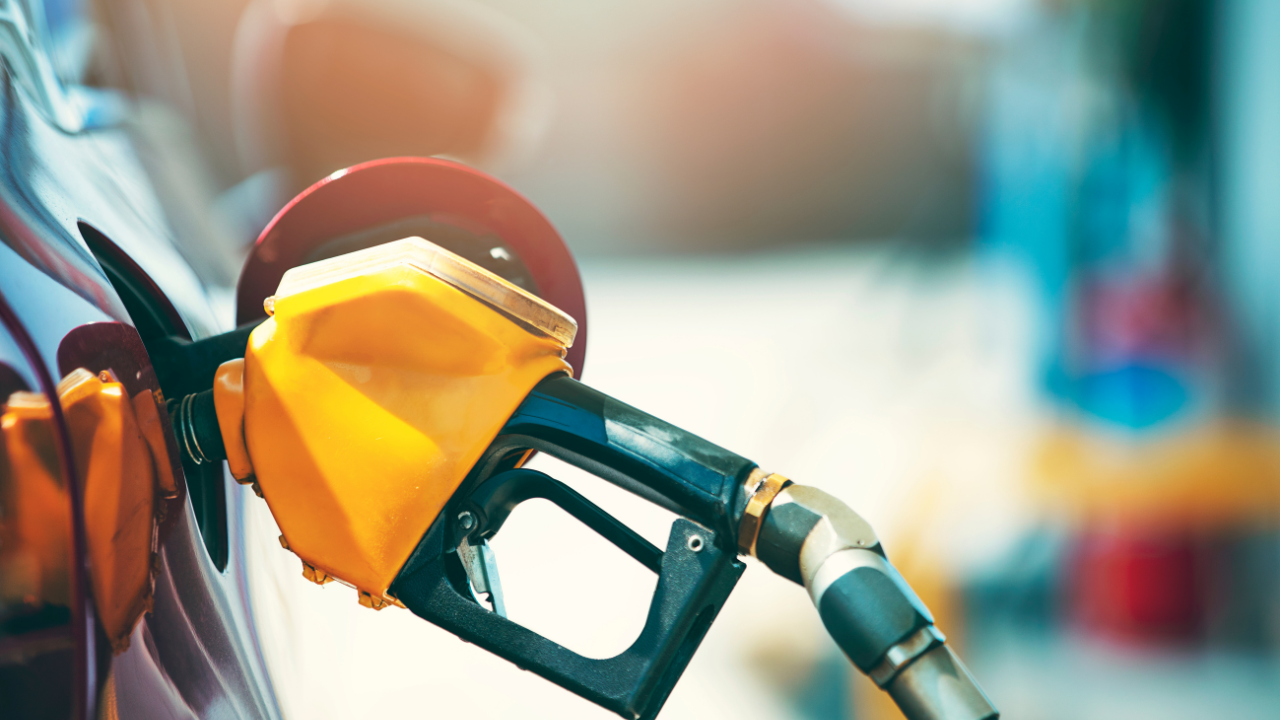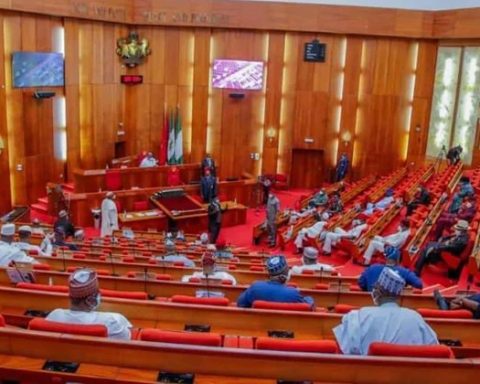Fuel scarcity is hinting at being back again and this time, it’s about manipulation.
Reports suggest that a cabal is allegedly influencing fuel supply, causing artificial scarcity fears across Nigeria.
Join our WhatsApp ChannelThis might likely lead to panic buying, with long queues forming at filling stations and transport costs rising once again.
Before it hits and the pressure sets in, we’ve got practical tips to help you cope with fuel scarcity and keep your expenses in check.
Fuel Scarcity: What’s Really Going On?
The current fuel scarcity isn’t just about global oil prices or subsidy removal but alleged supply manipulation. Reports indicate that fuel hoarding and artificial scarcity are being orchestrated by certain powerful individuals.
The Nigerian National Petroleum Company Limited (NNPCL) has reassured Nigerians that there is no genuine fuel shortage, yet the tension remains with fears that these moves could frustrate the recent efforts of the local refinery to alleviate the burden of the high-cost fuel on the masses.
This could result back to soaring transport fares, increased costs of goods and services, and businesses struggling to keep up with rising expenses.
How to Cope With Fuel Scarcity (And Still Make Ends Meet)
Whatever the case might be, it’s better to be safe than sorry.
Therefore, here are some tips to help you cope with the situation of fuel scarcity in Nigeria.
Smart Fuel-Saving Tips
If you own a car or generator, here’s how to make your fuel last longer:
- Drive efficiently: Avoid sudden acceleration and braking; smooth driving saves fuel.
- Lighten your load: A heavier car consumes more fuel. Remove unnecessary items.
- Limit idling: Turn off your engine if you’re waiting for long periods.
Cheaper Transportation Alternatives
- Use BRT and minibuses: They are still more affordable than ride-hailing services (Bolt/Uber).
- Carpool with friends or colleagues: Share rides and split fuel costs.
- Consider cycling or walking for short distances: It’s free and keeps you fit.
Side Hustles to Boost Your Income
With expenses rising, having an extra source of income is a smart move.
- Freelancing: Use platforms like Upwork and Fiverr to offer services from home.
- Small-scale online business: Sell items like thrift clothes, snacks, or gadgets on social media.
- Tutoring: Teach online courses or offer private lessons in a skill you know.
How to Save on Uber Rides
- Use promo codes and discounts.
- Opt for UberX and cheaper ride options.
- Plan trips ahead and avoid peak hours.
Long-Term Solutions to Reduce Fuel Dependence
If you can afford to, invest in alternative energy sources:
- Solar panels and inverters: Though costly at first, they help reduce reliance on fuel.
- Gas-powered or electric appliances: They save fuel and reduce expenses in the long run.
Conclusion
Fuel scarcity in Nigeria is becoming a recurring challenge, and while authorities insist that supply is stable, reality says otherwise.
By implementing the tips provided in this article, you can navigate this period more effectively.
Elsie Udoh is an SEO content writer who specialises in writing engaging stories that resonates with diverse audiences. She studied mass communication at the Lagos State University.














